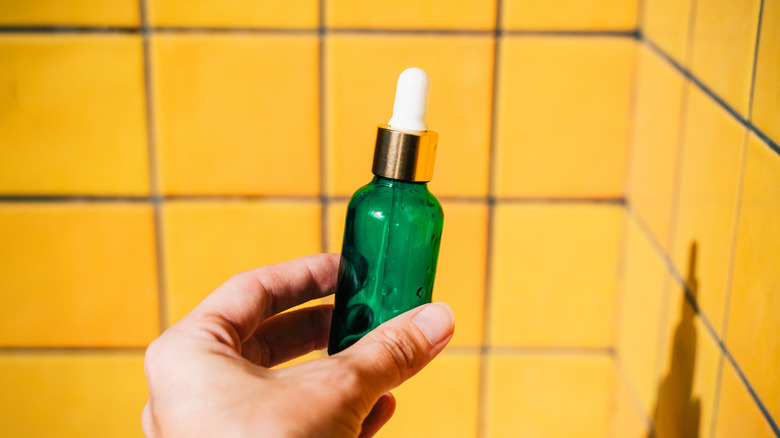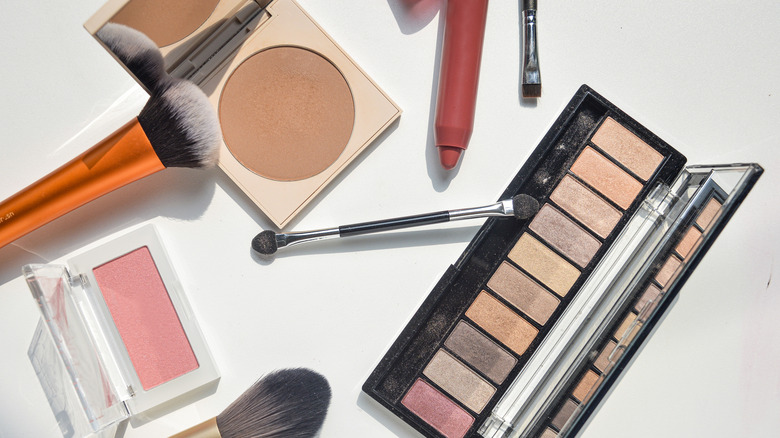Do This With Your Summer Beauty Products Before You Switch Them Out For Cold-Weather Staples
As the leaves start to fall, we're shifting into cold-weather mode. That means unpacking our sweaters and boots, storing away swimsuits and pool floaties, and tweaking our beauty routine for the changing seasons. Whether that means pivoting to winter 2025 makeup trends or transitioning your skincare routine from fall to winter, it's the perfect opportunity to clean out your beauty collection.
For many of us, it's tempting to stow away half-used summer products until next April when they can finally be used again. But this isn't always the smartest or most sanitary approach. Instead, as you're sifting through your stash, evaluate each product to determine if it's worth saving for another season. "Start with the things that will not make it another season, like sunscreen, bug spray, or aloe gel," Laura Ellis, founder of Organized by Ellis, told Good Housekeeping. "Toss the sandy, half-used tubes that have seen better days." It's equally important the expiration dates, especially on SPF products, which can lose their effectiveness. Check for mold or strange smells that might indicate the presence of bacteria. "If the product has been open for a while, starts to change color or texture, separates, develops an odor, or mold I recommend tossing the product," Rishi Chopra, a board-certified dermatologist, told Byrdie.
Expired beauty products can cause skin problems
In general, it's best to toss most products within one year after opening, regardless of type or formula. That might seem like a major inconvenience, and even a waste of money, since few people are going to make it all the way through a pot of blush in just a year. Still, when it comes to your skin, the stakes for using old products can be quite high, and there are dangerous reasons to not use expired makeup.
Ideally, your skincare and makeup routines are giving you beautiful, glowing skin. But expired beauty products can have the opposite effect, causing irritation, breakouts, and even infections. "The concern after the [expiration] date is that products may change composition and therefore be more at risk of contamination from bacteria," dermatologist Emma Wedgeworth told Refinery29. "By applying this to your face, you could be causing irritation or pore blockage."

